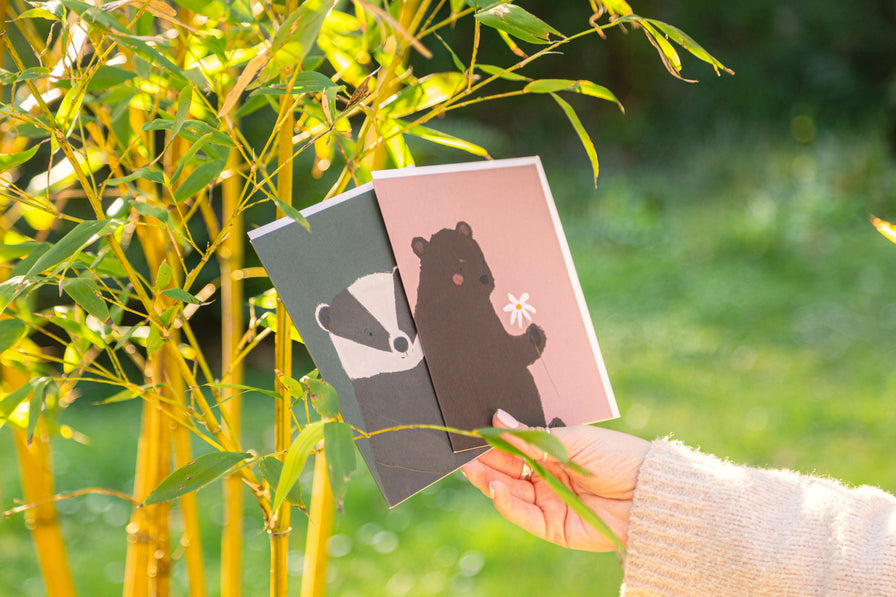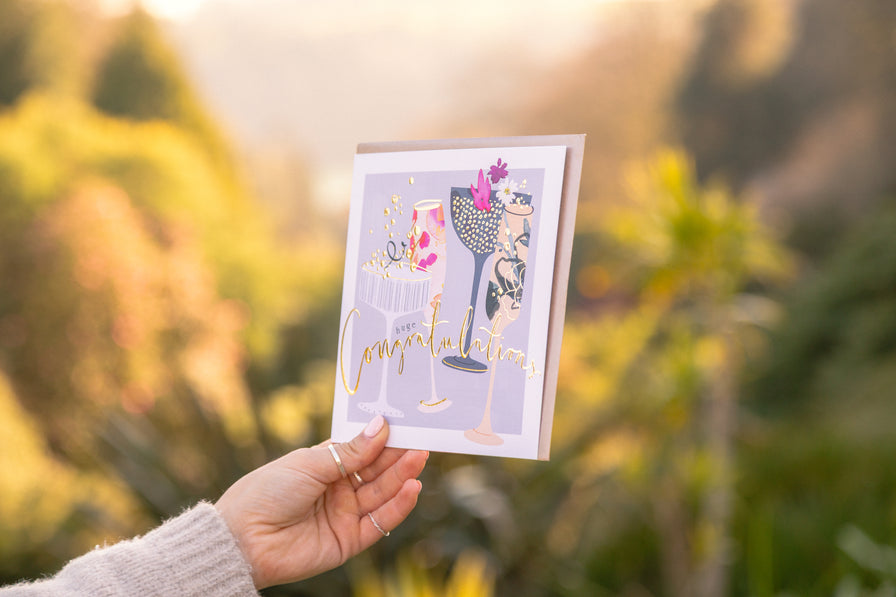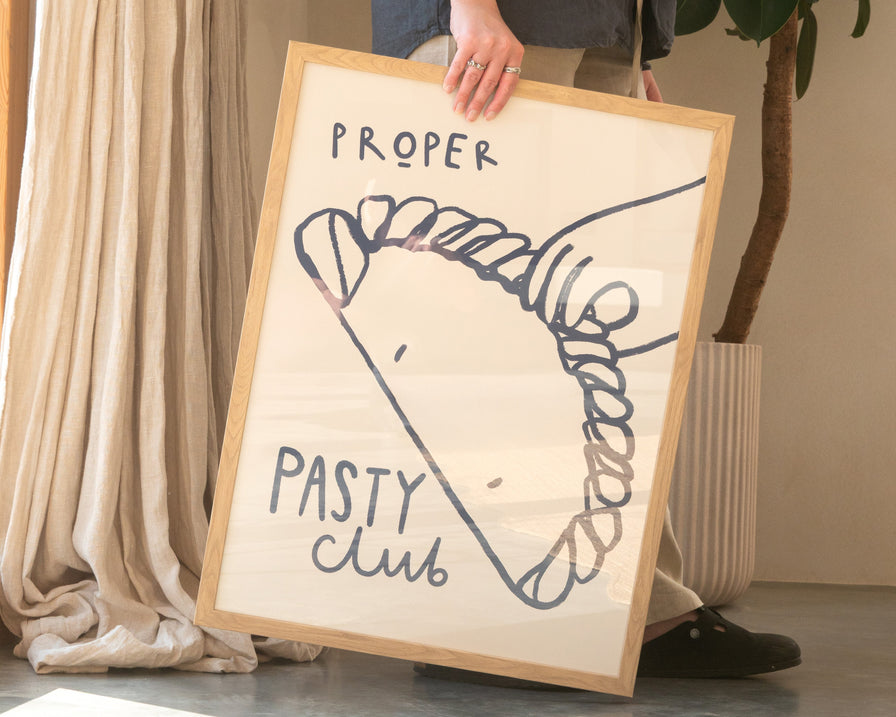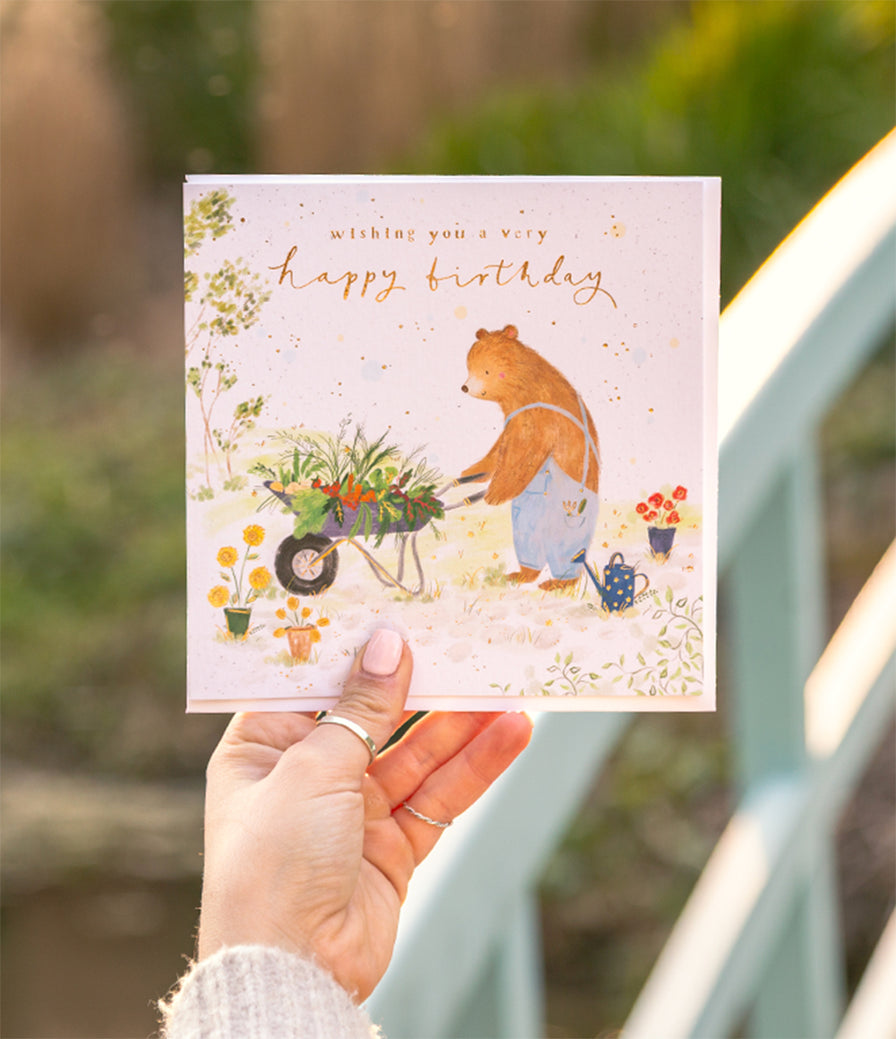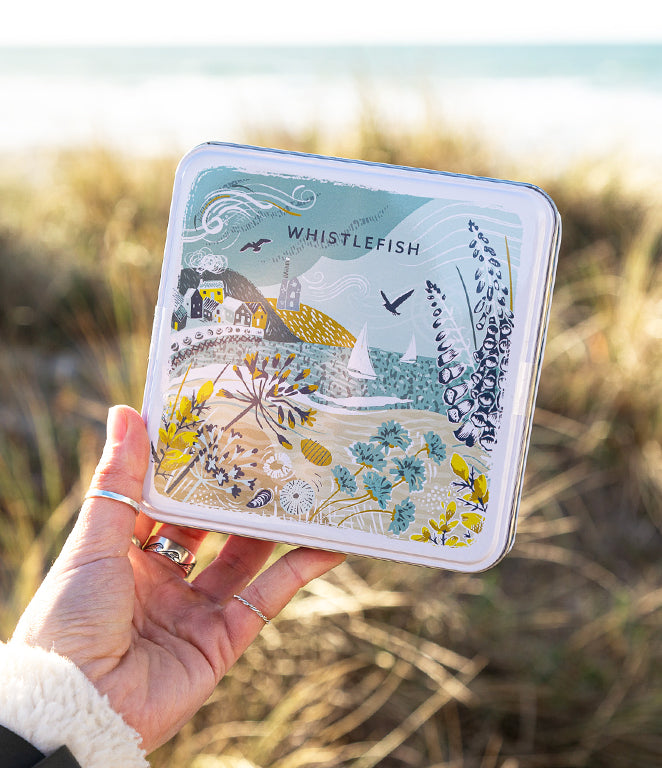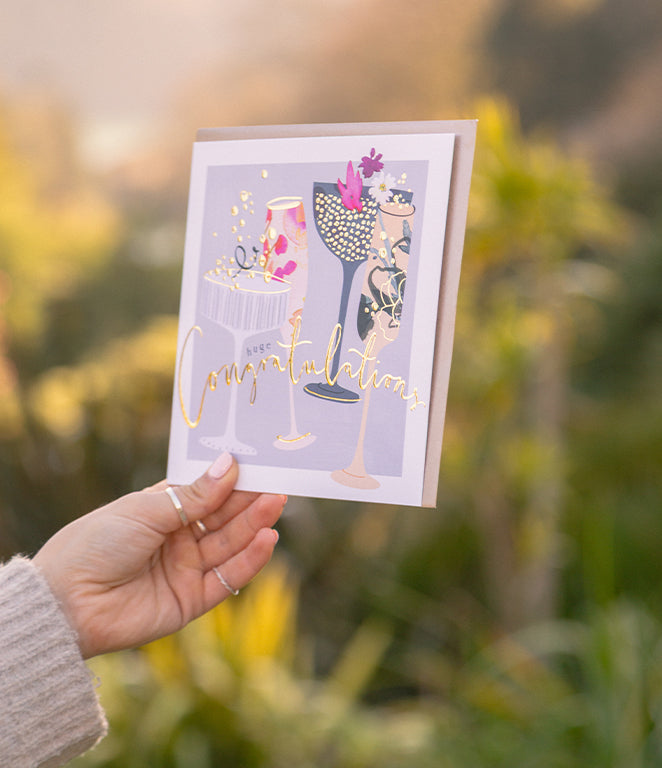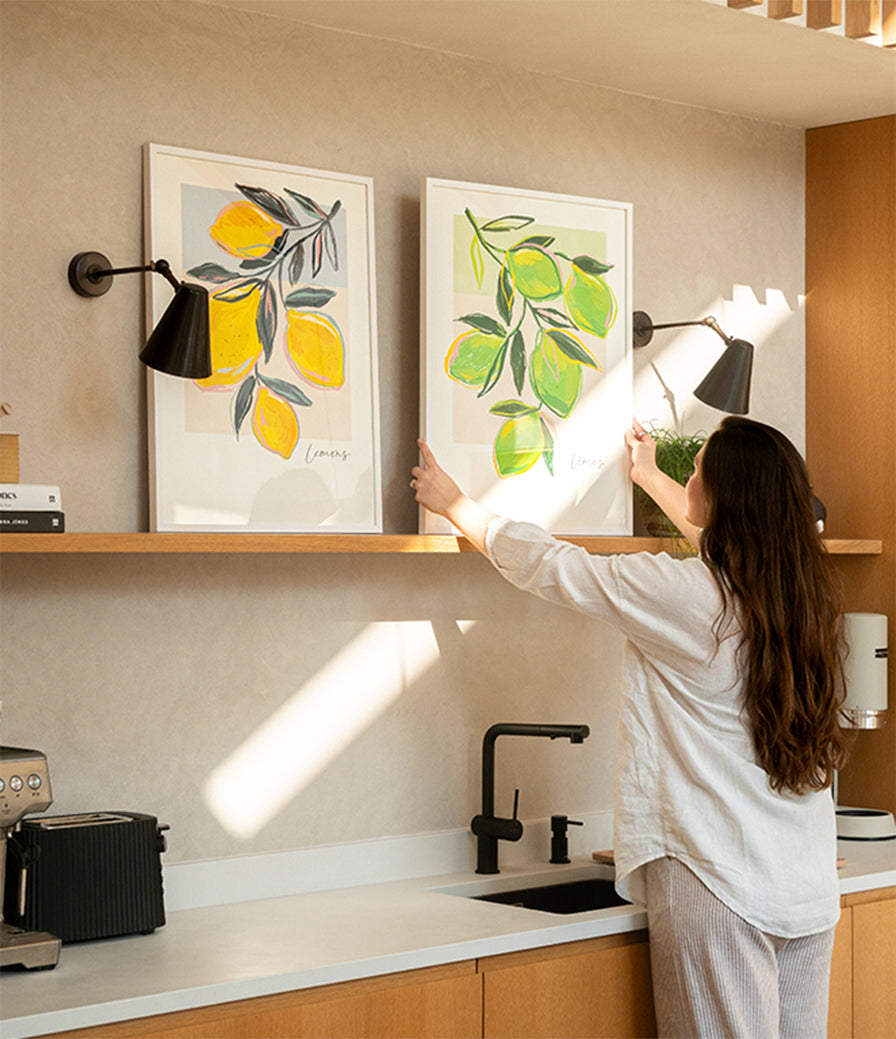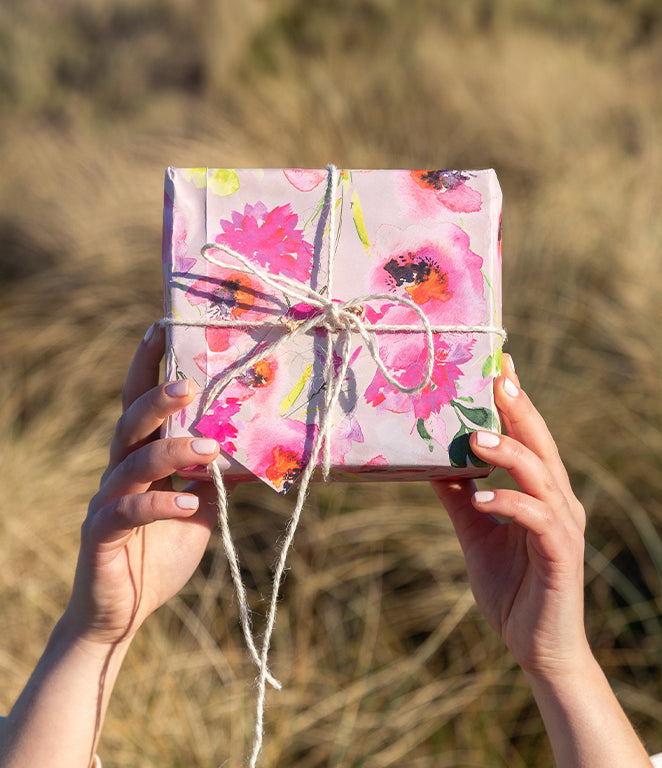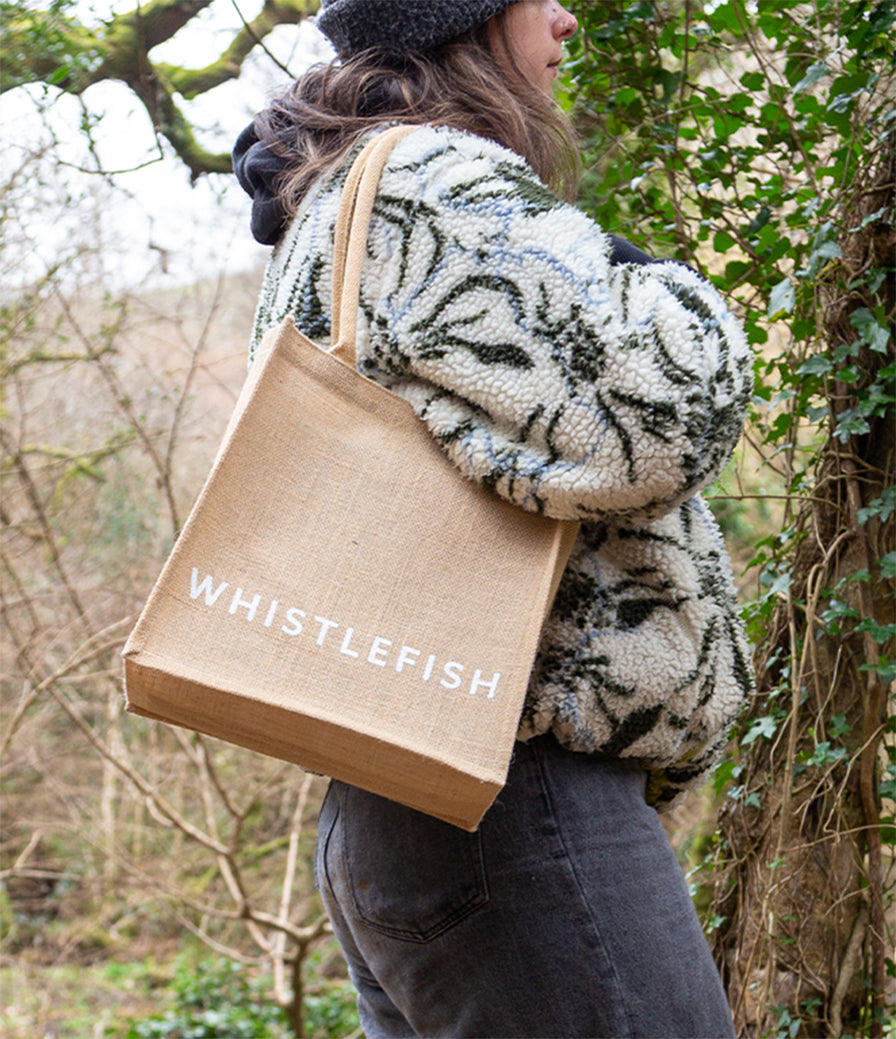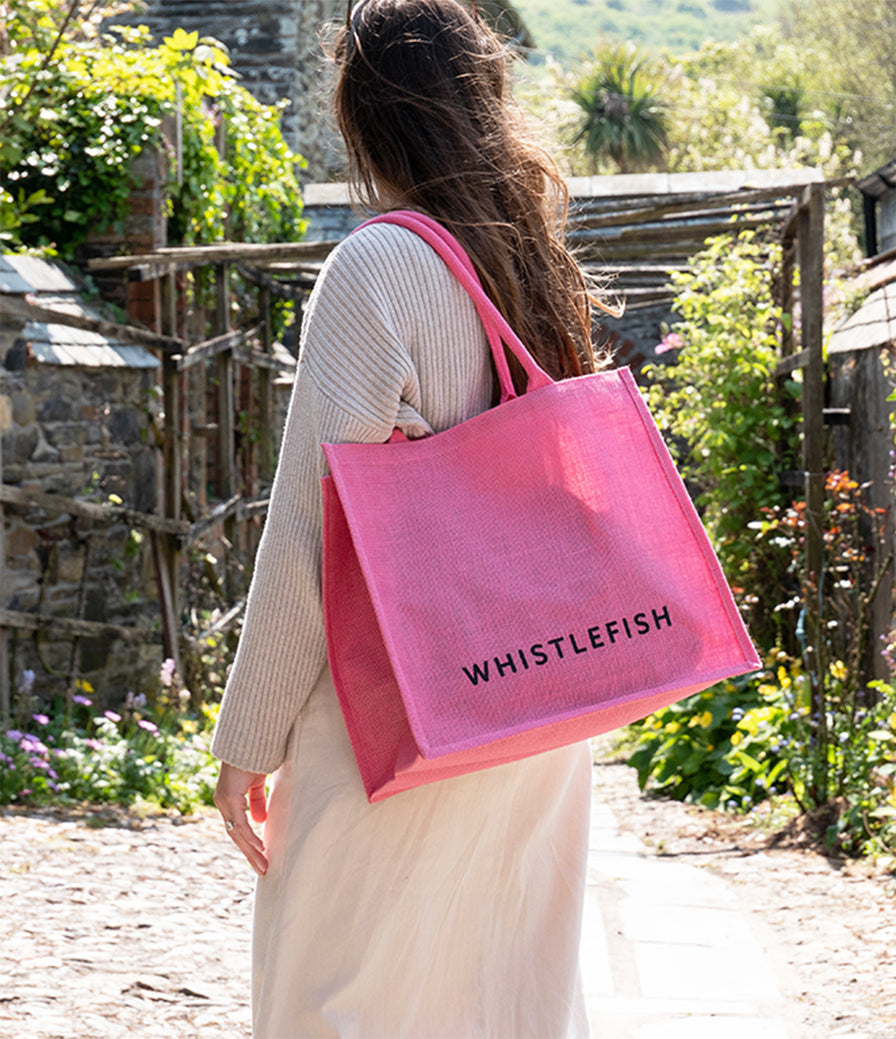
Things To Do in Perranporth: A Whistlefish Guide to Cornwall’s Coastal Gem
Discover the charm of Perranporth with Whistlefish — from scenic coast paths and beach cafés to local legends and peaceful...
Read more

How to Spread Kindness with a Simple Card
At Whistlefish, we believe in thoughtful, meaningful ways to show you care—because love doesn’t need a special occasion. But sometimes,...
Read more

Explore Gwithian with Whistlefish
Nestled on Cornwall’s north coast, Gwithian is a place of golden sands, rolling dunes, and breath-taking ocean views. This coastal...
Read more

A Perfect Date Day in St Ives
Looking for the perfect romantic escape? St Ives, with its breathtaking coastal views, cobbled streets, and artistic charm, offers an...
Read more

The Great British Birdwatch
Whistlefish loves nature, and we're excited to be part of the RSPB Big Garden Birdwatch! Join us in celebrating the...
Read more

Valentine’s Day Message Ideas for Everyone You Love
Valentine’s Day isn’t just about romance—it’s the perfect time to celebrate all the people who bring love and happiness into...
Read more

Celtic Rainforest in Winter: Step Into the Magic
Explore the enchanting Celtic Rainforest this winter with Whistlefish. These ancient woodlands are alive with vibrant wildlife and evergreen beauty,...
Read more

A Day at The Cornish Place: Embracing Winter’s Beauty
Recently, we found ourselves in the tranquil embrace of The Cornish Place, a hidden gem surrounded by vast fields and...
Read more

CARDS WITH CARE - Christmas Causes
At Whistlefish, every card we create carries a purpose beyond ink and paper. This Christmas, each card also supports our...
Read more

Whistlefish Artists Trip to Christmas Tree Farm
There’s nothing quite like the scent of pine and a crisp winter breeze to bring out the Christmas spirit. This...
Read more

The Best Christmas Gift Wrap Bundle Guide
As Christmas draws near, there’s something truly magical about wrapping gifts! At Whistlefish, we think wrapping is more than just...
Read more

A Pumpkin Patch Adventure: Creative Inspiration at Trevaskis Farm
Join the Whistlefish Design Team on a delightful autumnal adventure at Trevaskis Farm, just down the road from us in...
Read more












